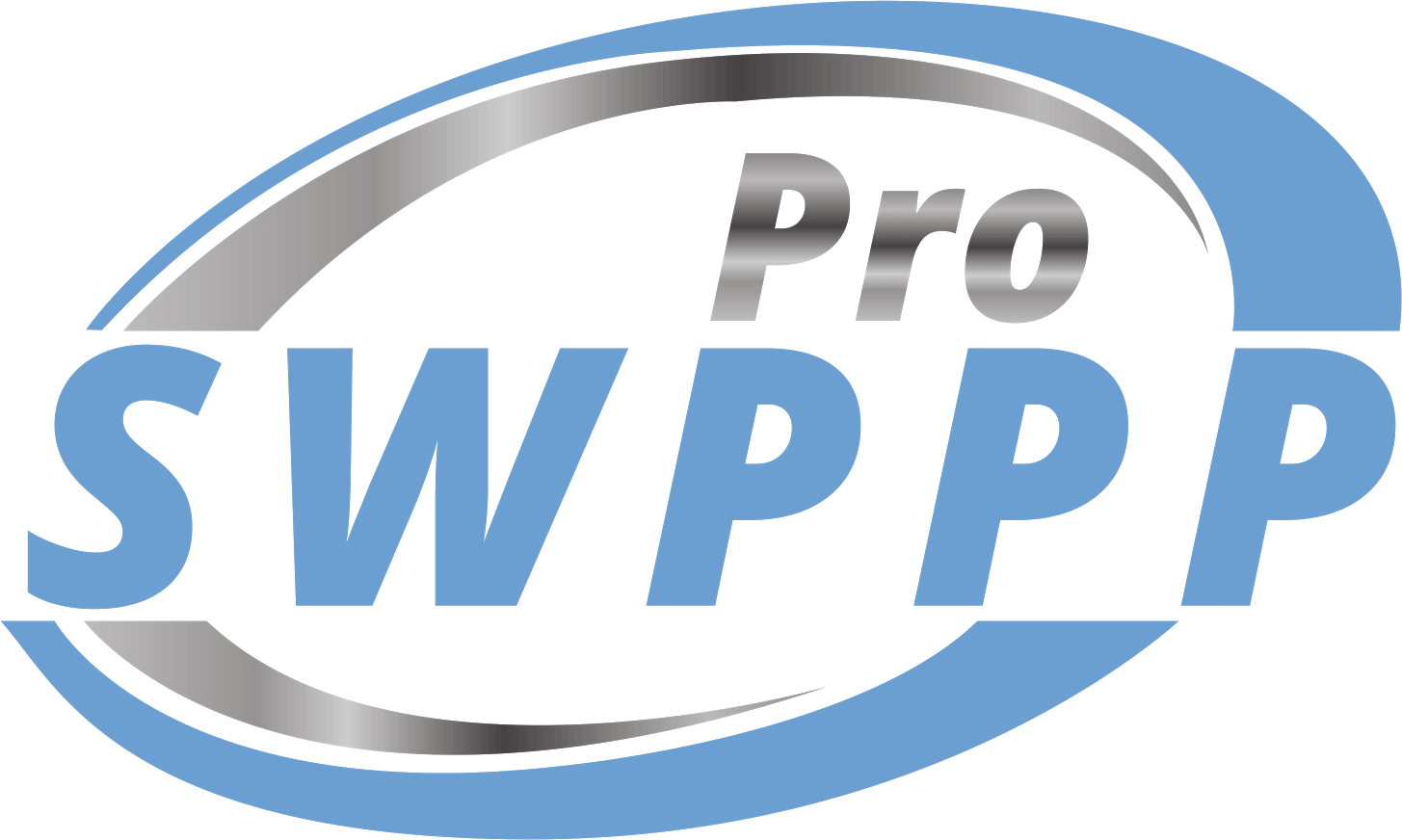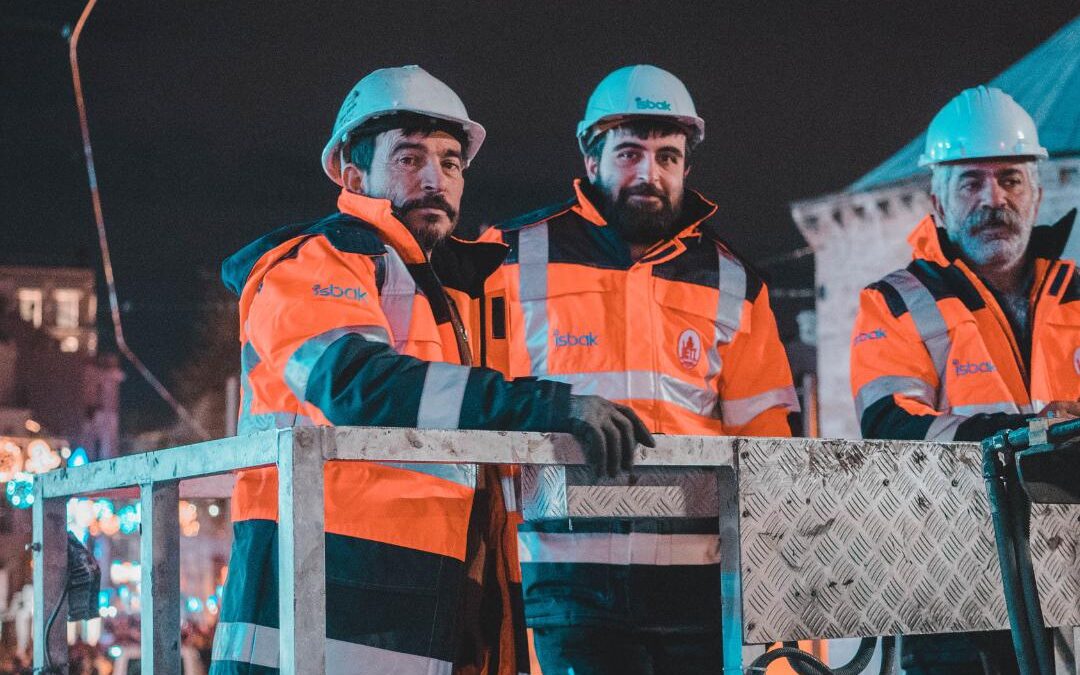If you own a construction company or an industrial facility in Arizona, you must become familiar with the stormwater pollution prevention plan (SWPPP) requirements. These requirements are put in place to prevent harmful pollutants from entering waterways.
Knowing and following these requirements can keep your company in compliance with environmental regulations. Failure to comply can result in fines and other consequences. As a responsible business owner, it is vital that you understand the importance of SWPPP in Arizona and how it applies to your operations.
In this guide, we will cover everything you need to know about SWPPP requirements in Arizona and how you can ensure your company stays compliant.
SWPPP Completion Before NOI
Construction companies and industrial facilities must complete a stormwater pollution prevention plan (SWPPP) before submitting a Notice of Intent (NOI). The NOI is needed for coverage under the Construction General Permit (CGP). Completing the SWPPP first ensures all pollution control measures are planned in advance.
The SWPPP outlines how a project will minimize stormwater pollution. It includes details on preventing soil erosion and controlling waste. Having a clear plan makes it easier to follow environmental regulations.
Submitting the NOI after completing the SWPPP helps avoid delays. This step shows regulators that you have a solid plan to control pollution and demonstrates your commitment to protecting the environment.
The Scope of Covered Activities
The Construction General Permit (CGP) pertains to any construction activities disturbing 1 acre or more of land. It also regulates activities disturbing less than 1 acre if they are part of a larger common development plan or sale.
This means even small projects linked to bigger developments must meet the same requirements.
Here is what you need to know:
- The CGP covers activities like clearing, grading, and excavation.
- If your project disturbs soil, you must follow the SWPPP guidelines.
- Small projects connected to more significant developments must comply with the CGP.
- Failing to adhere to these regulations can result in substantial fines and penalties.
Understanding the scope of activities covered under the CGP ensures that your construction projects stay compliant. This proactive approach helps avoid delays and demonstrates your commitment to environmental protection. Compliance fosters good relationships with regulatory bodies, showcasing your dedication to responsible construction practices.
Inclusion of Support Activities
The Construction General Permit (CGP) covers support activities, such as temporary plants or operations set up to produce concrete, asphalt, or other materials exclusively for the permitted construction project. These support activities are crucial to the main construction project and must follow the same SWPPP in Arizona requirements as the primary construction activities.
These support activities must establish their own procedures to control pollution. This includes preventing soil erosion, managing waste, and handling hazardous materials. By incorporating these procedures into the SWPPP, companies can demonstrate their dedication to environmental protection. Regular inspections and updates to the SWPPP will help maintain compliance and address any issues arising during construction.
The Construction General Permit (CGP) covers support activities, such as temporary plants or operations set up to produce concrete, asphalt, or other materials exclusively for the permitted construction project.
Stormwater Discharge Regulations
The permit regulates stormwater discharges entering Arizona surface waters or a Municipal Separate Storm Sewer System (MS4) that leads to surface waters. These discharges include runoff from rain or snowmelt that flows over land or impervious surfaces. Controlling and treating these discharges properly prevents harmful pollutants from reaching Arizona’s waterways.
Construction companies and industrial facilities must establish measures to treat stormwater before it enters surface waters or an MS4. These measures include installing barriers to prevent soil erosion, using sediment basins, and managing waste. Following these guidelines helps protect the environment and ensures compliance with regulations.
Regular inspections are a key part of managing stormwater discharges. Companies must frequently check all pollution control measures to ensure they work effectively. Updating the SWPPP based on inspection results will address any issues that arise and maintain compliance with state and federal guidelines.
Required Inspections and Reports
A SWPPP in Arizona must include procedures for regular inspections and maintenance of pollution prevention measures. Inspections are usually required at least once every week. Additionally, inspections are required within 24 hours after any rain event that produces 0.5 inches or more of rainfall. This helps ensure all measures are working effectively and addressing any potential issues promptly.
During these inspections, you must check erosion and sediment controls, waste management practices, and other pollution prevention measures outlined in your SWPPP. If you find any problems, you must take corrective actions immediately. Regular inspections help keep your project compliant with environmental regulations and prevent pollutants from entering waterways.
After each inspection, you need to document the findings and actions taken. These reports become part of your SWPPP records and should be available for regulatory review. Keeping accurate records demonstrates your commitment to regulatory compliance and environmental protection. This proactive approach can reduce the risk of fines and other penalties for non-compliance.
Public Access to Your SWPPP in Arizona
The SWPPP must be kept on-site during construction and made available to the public upon request. Keeping the SWPPP accessible shows your commitment to transparency and compliance. It implies that you are serious about following environmental standards and are ready to answer any public concerns regarding pollution control measures.
When your SWPPP is accessible, local community members can understand what steps you are taking to protect the environment. This transparency can build trust between your company and the public. People appreciate knowing that you have a plan to prevent harmful pollutants from affecting local water sources.
Making the SWPPP available also aids regulatory agencies in their inspections. They can quickly review the plan to ensure you follow all required guidelines.
Contact Us For Help With Your SWPPP!
As a responsible construction company or industrial facility in Arizona, it is crucial to understand and adhere to SWPPP requirements. Failure to do so can result in significant fines and other penalties that can harm your business’s reputation. Pro SWPPP is here to help you stay compliant and protect the environment.

